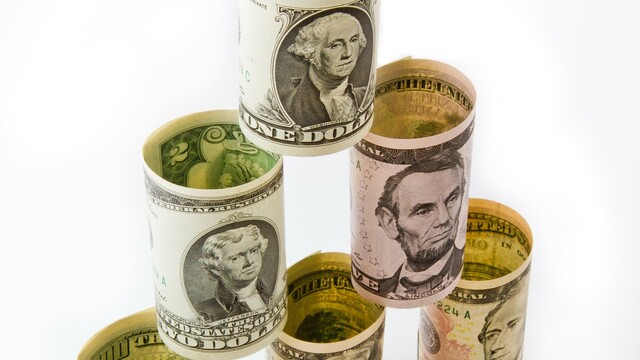SAFE Act Faces Senate

Access to safe, reliable and insured banking services has been an issue for marijuana businesses for a long time[1], but a bill has recently passed the house that would aim to solve that issue, without removing “marihuana” from the Controlled Substances Act (“CSA”). Currently, federally insured banks, credit unions, insurers, and other financial services providers risk fines or losing the right to do business under federal anti-money laundering laws if they allow cannabis companies to use their services[2].
The Secure And Fair Enforcement Banking Act of 2019, or the “SAFE Act” allows banks, insurers, and other financial services companies to do business with cannabis and hemp companies that are licensed under state or tribal law[3]. It also directs the federal government to make rules regarding providing banking and financial services to cannabis businesses. This means that if the law passes, licensed cannabis businesses should have fewer issues obtaining basic banking services, but it would also allow licensed cannabis businesses to use credit cards and credit card processing services and insure their businesses and products.
The SAFE Act has been referred to the Senate for review, and is currently in the Committee on Banking, Housing, and Urban Affairs, which is headed by Chairman, Mike Crapo (R-ID). Although the SAFE Act passed the House with support from 229 Democrats, and 91 Republicans[4], there was still substantial Republican opposition of 102 “nay” votes (only one Democrat voted against the bill)[5]. This is important, as Republicans currently control the Senate, so any bill to substantially improve the banking situation for cannabis businesses would have to convince a number of Republicans that the situation should be addressed.
Fortunately, it appears that several key lawmakers are coming around on the idea of improving access to banking services for cannabis companies. For example, Kentucky, represented by Mitch McConnell, Senate Majority Leader, has the most acreage of any state in the US[6]. McConnell has been touting the successes of the hemp industry in his home state, and advocating for access for hemp businesses to financial services[7], which the SAFE Act specifically does. It remains to be seen whether McConnell or Crapo will extend the same enthusiasm to cannabis more generally, but the concern about access to banking for hemp is an encouraging sign.
If this bill does become law, it may help to continue to legitimize the cannabis industry entirely, not just hemp. As Justice Brandeis said, “Sunlight is said to be the best of disinfectants; electric light the most efficient policeman.” While regulation can increase compliance costs, in this instance it could also potentially provide the benefit of greater transparency into the dealings of licensed cannabis businesses and decrease the risks of money laundering and theft due to the large amounts of cash currently required.
[1] See “The cannabis banking bill isn’t just about banks,” Politico.com, 09/25/2019
[2] Lauren Kohr, “Weeding Through: The Challenges of Banking the Marijuana Industry”
[3] HR 1595, passed House September 26, 2019
[4] The Hill, Nearing finish line, fight for cannabis banking bill shifts to the Senate, October 2, 2019
[5] Final Vote Results For Roll Call 544
[6] Kentucky.com “‘Hemp has exploded’ in Kentucky. What that means for new jobs, investment.” July 19, 2019, updated July 26, 2019.
[7] Louisville Courier Journal “3 things to know about Mitch McConnell and Kentucky's hemp industry” July 2, 2019
